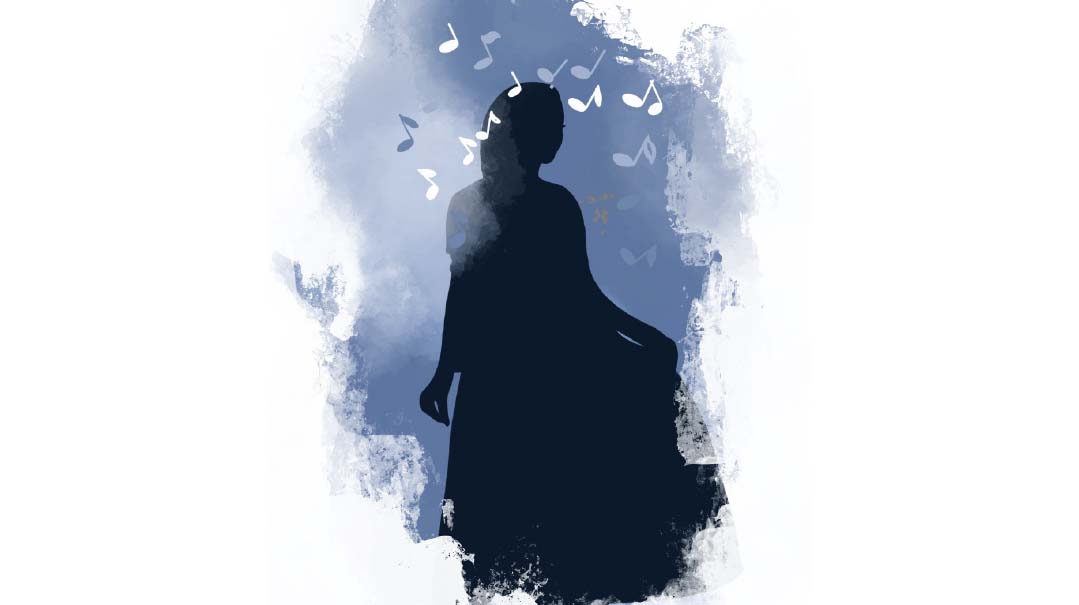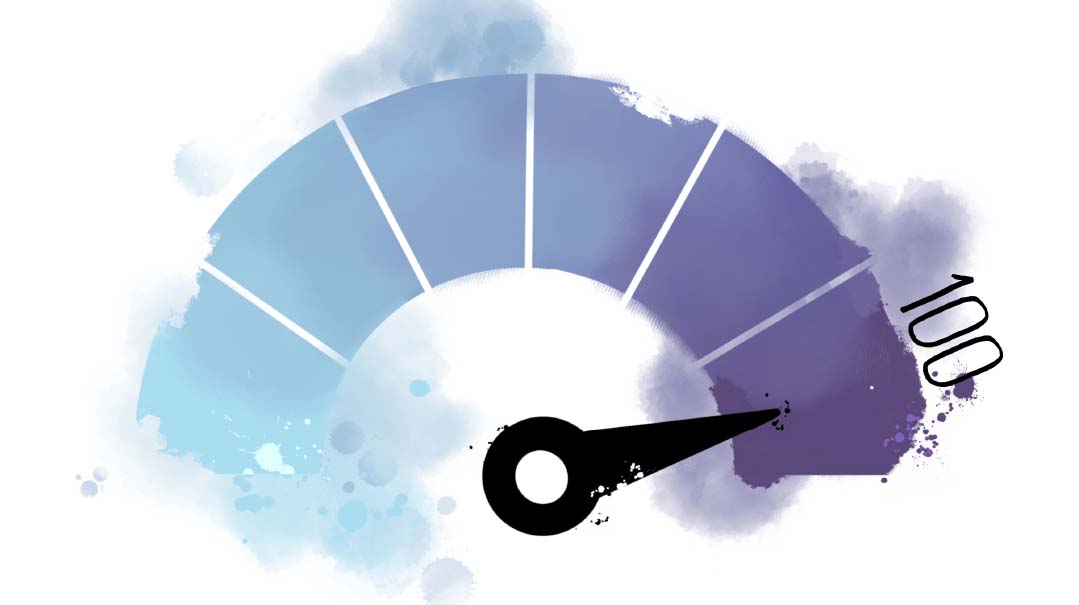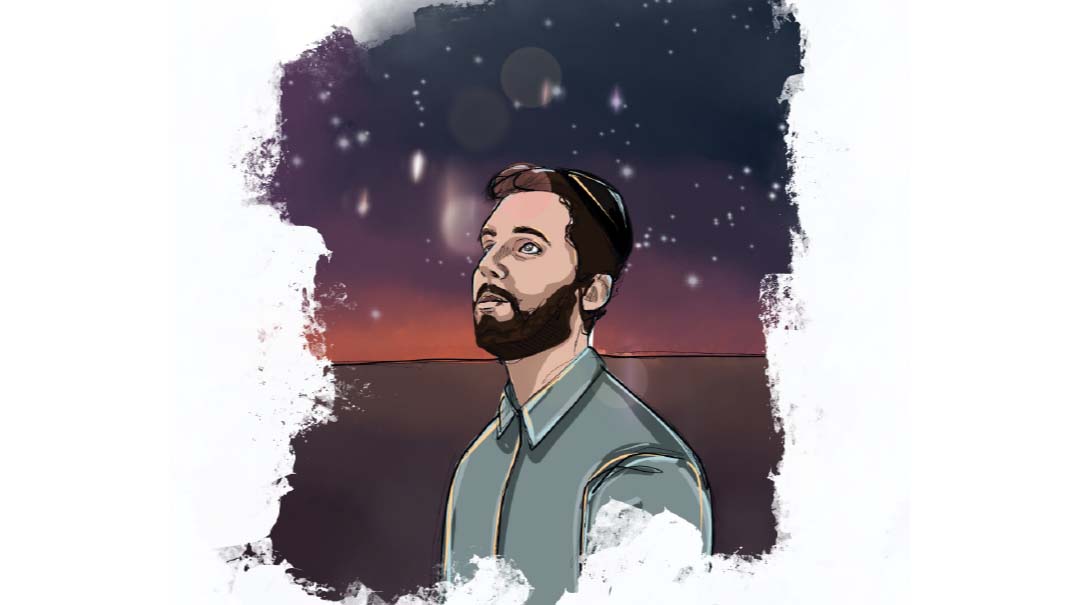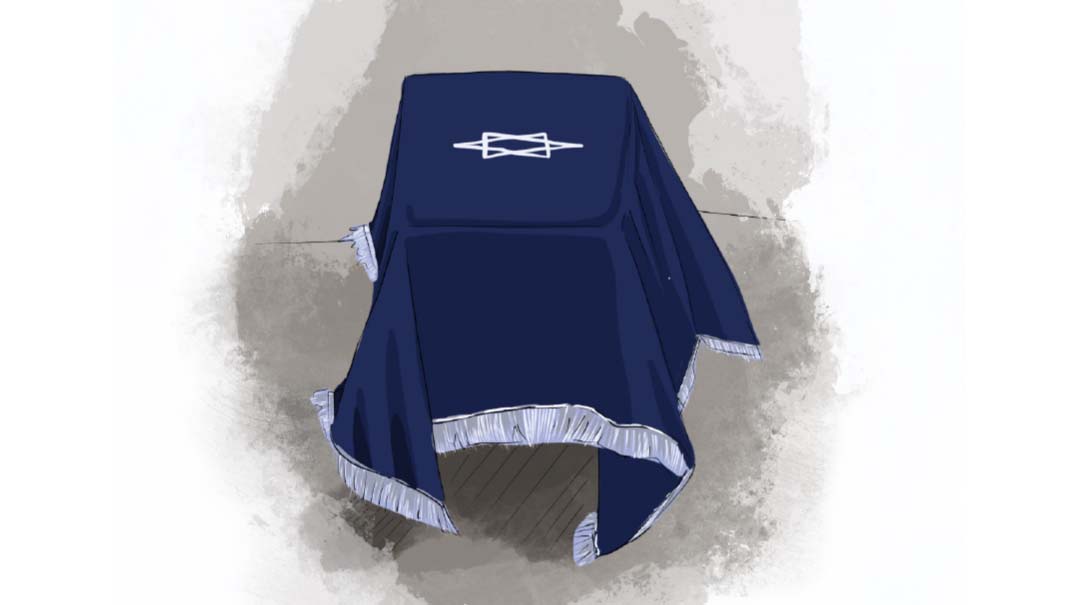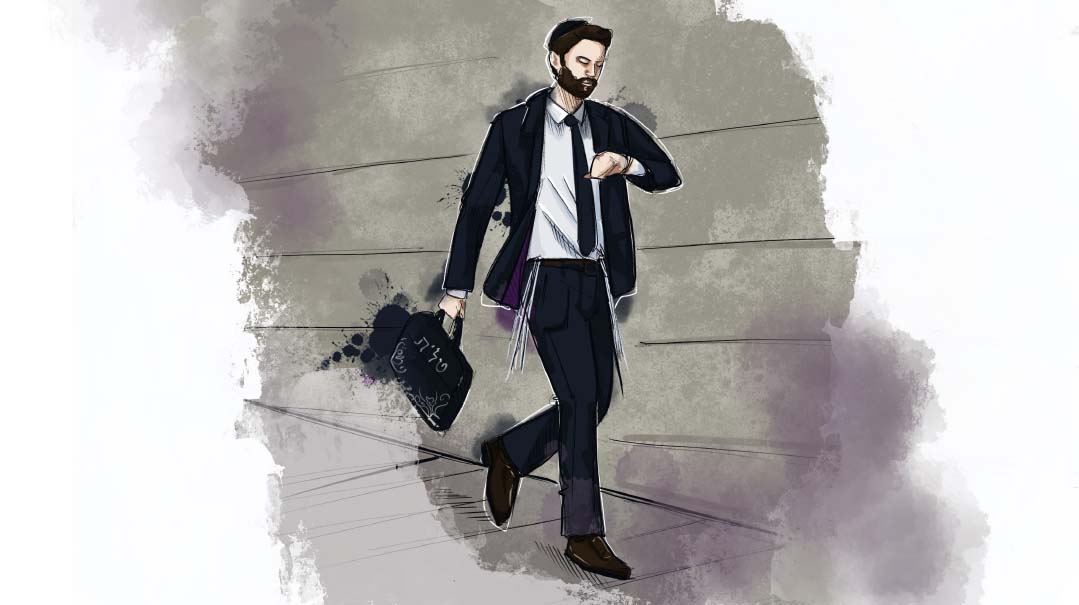Sink or Swim
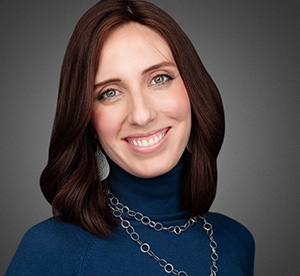
Two years later, those Covid-inspired kabbalos and resolutions are still keeping us going. Eight personal accounts
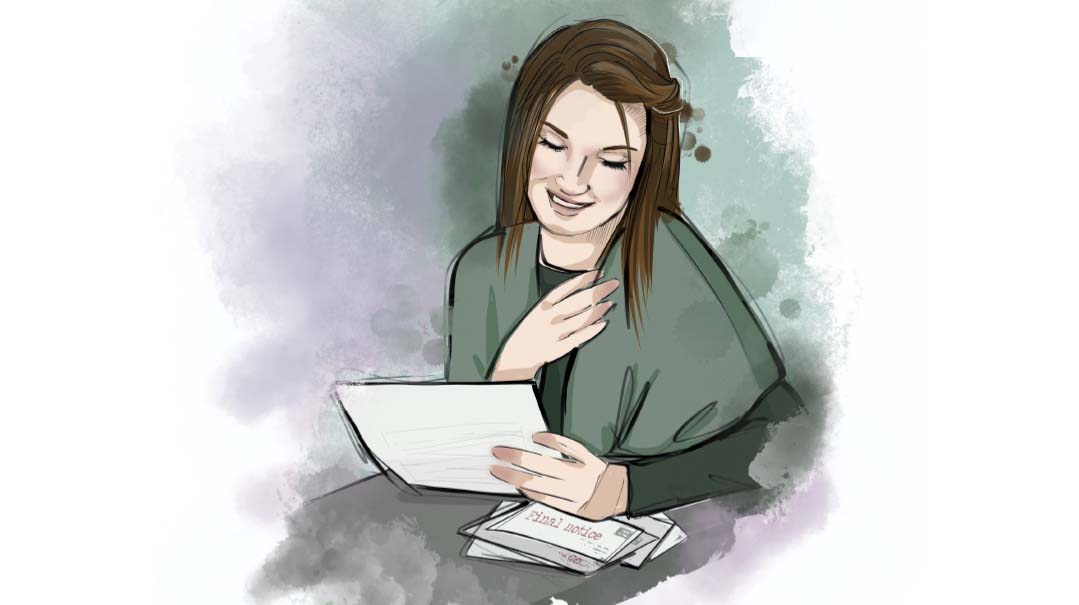
Project Coordinator: Rachel Bachrach
Illustrations: Marion Bellina
Esther Kurtz
Covid didn’t drown me, though it lessened my lung capacity. Meron, Stolin, and Surfside is when the riptide dragged me in — and every successive event pulled me further from the shore.
I’d been here before, and if you’re in your thirties or older, you’ve likely been here, too. Because how long can one go through life without being properly challenged? But the waves were never this high nor this choppy, and I’d never been so far out — with no sure footing or a buoy to cling to. It’s scary, gulping salt water with no rescue in sight. But I’d gotten through this before, and I’d do it again — though the night felt darker, and it looked like another storm was coming.
In previous crises, I’d built my spiritual muscles. The seeds were planted in 12th grade, when my navi teacher introduced me to Rabbi Akiva Tatz’s Living Inspired. Until then, I was a teen sleeping through the system, literally and figuratively; she gave me the book as an alternative curriculum because I slept through her class. And, clichéd as it sounds, it woke something in me, particularly Rabbi Tatz’s concept of how the world and experiences work in cycles of the same patterns: inspiration, despair, work, then finally achievement. Seeing this cycle in multiple historical contexts and seeing it in my own life gave me grounding — and it still does, because once I identify where I am in the cycle, I can recalibrate. Any time I feel low and disconnected, I revisit Rabbi Tatz’s book — I do chazarah, I dive deeper.
This year, while treading water and losing hope, I knew where I could seek solace and find answers. In the summer, I emailed Rabbi Tatz, a long and desperate email (you have to be desperate when you start emailing strangers) with many questions, asking for direction. He responded kindly, told me which seforim had insight — and this lifeline was long enough to pull me to shore.
I decided I need to take my spiritual health seriously. No more quick diets for when I feel spiritually flabby, no happily-ever-after emunah stories for me; they’re cheap calories, the fast food of faith. What I need, I realized, is a spiritual lifestyle, with constant maintenance.
I started saying Tehillim daily, and I find it cathartic and meditative. Back in June, I started learning Revel in Emunah, a translation of Rabbi Moshe Shapiro’s shiurim on the 13 principles of faith, every Monday with my best friend. In October, I joined Rabbi Tatz’s live weekly shiurim on the Ramchal’s Derech Hashem — it was an eight-week program, and I signed up for the subsequent twelve-week one following that. While my sessions in Revel in Emunah petered out once I joined the other shiur, I recently started learning Chovos Halevavos five minutes nightly with my husband. It seems like a lot, I know, but like any heavy dose of medication, you take it because you need it.
And I find it working, slowly but surely. Take my attitude toward money: I’m a worrywart, anxious and annoying, and I still have a long way to go in bitachon. But when a simple oil change went from costing $70 to $570, I found myself breathing through it. I will not be the alchemist, I told myself, referring to Chovos Halevavos’s metaphor about the man who seems capable of having it all, but in reality is wracked by fears and suspicions from what should be his greatest source of security: alchemy.
I’m not quite the baal bitachon yet, but I’m learning the language. And when everyone seems to be moving into their starter house or going on a short vacation to Florida, and I know neither is happening for me for a while, I find it easier to remind myself that This World’s purpose is so much bigger than day-to-day, and we’re here for so much more; I can rise past the pettiness.
Small things, I know, but I’m seeing that slowly, slowly, I’ve made it to the boardwalk, where I can appreciate the ocean’s glory. I still wade too deep sometimes, but I don’t have to rely on others to save me. I’m strong enough to swim back myself.
Esther Kurtz is a columnist for this magazine and the author of Rule of Three (Menucha Publishers, 2021).
(Originally featured in Mishpacha, Issue 900)
Oops! We could not locate your form.
